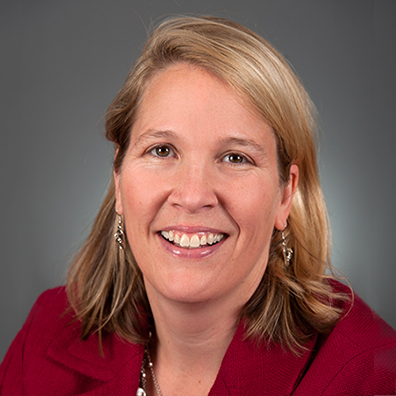For Scientists
Clinical Psychology Advanced Graduate Practicum
Developmental Medicine Center
The Division of Developmental Medicine (DDM) at Boston Children’s Hospital is dedicated to improving the lives of children and adolescents with developmental, learning, and behavioral difficulties and their families through integrated and collaborative clinical care, training, clinical and translational research, neuroscience, and community engagement and collaboration. The interdisciplinary staff comprises developmental-behavioral pediatricians, child psychologists, educational specialists, nurse practitioners, neurologists, and child psychiatrists; in addition, there is the opportunity to consult, as needed, with specialists from a variety of programs, including Speech-Language, Sleep Disorders, and Genetics. As a tertiary care site, the Developmental Medicine Center (DMC) accepts referrals for children with developmental and behavioral challenges that are not well met in the general medical and mental health communities.
Training Goals
- Prepare trainees to pursue careers as clinician-researchers in academic health centers by providing them with the requisite skills to integrate evidence based assessments and therapy into their clinical practice.
- Provide trainees with supervised clinical assessment and mentorship that will aid them in obtaining a top tier clinical internship.
- Provide trainees with experience assessing youth with neurodevelopmental disorders, including attention deficits, autism spectrum disorders, learning disabilities, intellectual disabilities, and regulatory problems, sometimes within the context of complex medical and/or psychosocial histories. Emphasis is placed on integrating the tenets of clinical psychology, developmental psychopathology, cognitive neuroscience, evidence-based interventions, and principles of child and family development.
Clinical Activities
Graduate trainees are involved in direct clinical service in the DMC under supervision of a licensed clinical psychologist. Clinical responsibilities will include performing diagnostic assessments on interdisciplinary teams; consulting in hospital-based and community settings; providing feedback to parents and schools; and providing short-term treatment for anxiety, mood, disruptive behaviors, social skills deficits, elimination disorders, and feeding problems. The number and variety of programs contained within the DMC generally makes it possible to adapt the trainee’s clinical experience to his or her learning needs and professional goals.
The DMC clinical programs available for graduate trainee rotations include: Infant Team; Toddler Team; Preschool Team; School Team; Young Adult Team; Advocating Success for Kids (ASK) Program; Leadership Education in Neurodevelopmental and Related Disabilities (LEND) Program; Adoption Team; Down Syndrome (DS) Program; and Consultation and Therapy.
Supervision, Seminars, & Educational Activities
The DDM dedicates one half-day per week for education and professional development of staff and trainees, including a monthly interdisciplinary meeting and forum for special presentations; morbidity and mortality conference; case conference; and journal club. There also are weekly seminars for psychology trainees that focus on neurodevelopmental, medical, and psychiatric disorders; feeding, sleep, and toileting disorders; psychological assessment of complex cases; evidence-based interventions; educational methodology for teaching; advocacy; and professional development. There are several opportunities each year to visit community agencies, specialized schools, or other clinical programs at BCH. Finally, within the Division of Developmental Medicine and in the broader Boston Children’s Hospital / Harvard Medical School community, there are a plethora of educational opportunities, including seminars, lectures, and trainings, that the fellows are required or encouraged to attend. Specific to research, BCH’s Institutional Centers for Clinical and Translational Research offers brief courses throughout the year on topics such as statistics and grant writing. Harvard Catalyst offers more extensive courses on topics related to clinical and translational research, responsible conduct of research, and grant writing.
Supervision is provided by the staff in the DMC Psychology Program and involves in-vivo observations as well as one-to-one and group meetings. Trainees may have the opportunity to work with several different supervisors over the course of the year. Trainee’s mentorship needs are regularly reviewed and discussed with the training directors. Progress, competencies, and training goals are evaluated on a regular basis.
Program Contact

Lisa Albers Prock, MD, MPH
Associate Chief, Division of Developmental Medicine; Director, Developmental Medicine Center, Assistant Professor of Pediatrics, Harvard Medical School


